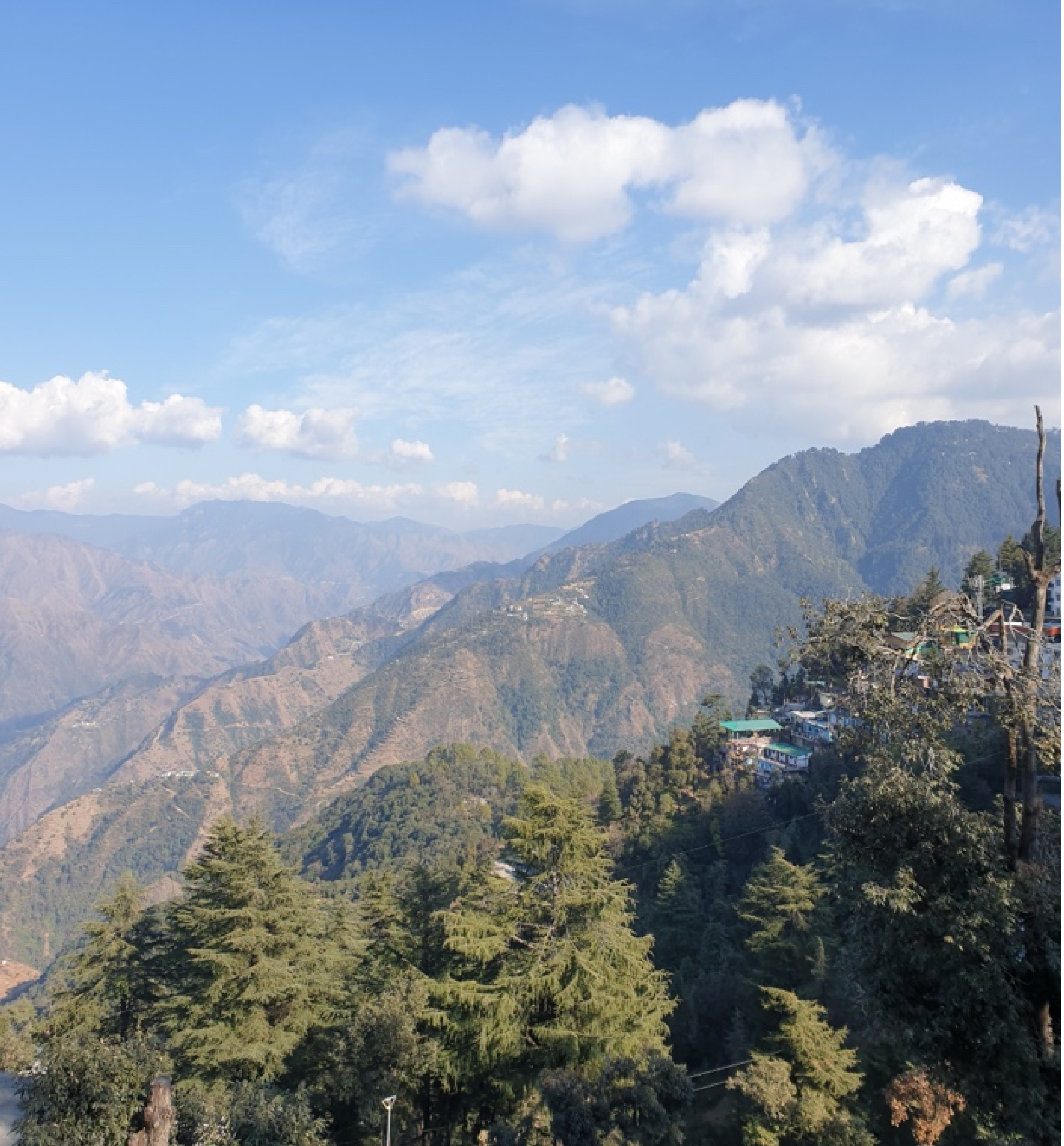The World Humanitarian Summit held in Istanbul, Turkey in
May earlier this year brought together politicians, civil society groups and
aid organizations to address the challenges that the global humanitarian
agencies face. The Secretary General of the United Nations, Mr Ban Ki-moon
structured the summit around five key agendas: “ending conflict; respecting the
rules of war; leaving no one behind on the sustainable development agenda;
working differently to end need, and investing in humanity.” The summit
comes at a time when the wide displacement of people due to conflicts in Syria,
Yemen and Iraq, has led to a global refugee crisis, and has become a
contentious issue in the politics of the Global North. Equally worrying is the
targeting of aid workers in conflict regions, in direct contravention of the
International Humanitarian Law.
In other parts in the world, large-scale disasters are are increasingly complicit with a volatile regime of climate change. A prolonged drought in Central India leading to
a water crisis and subsequent farmer suicides was immediately followed by
large-scale flooding in the North India, primarily the states of Assam and
Bihar, with over 4.2 million people affected. In June, heavy rains in the
mountain regions of Uttarakhand and Himachal Pradesh in India caused entire
villages to be washed away.
When taken as a whole, the picture of the humanitarian crisis that emerges is of large-scale displacement due to political conflicts and war, and the incipient humanitarian crisis of developing countries that are increasingly affected by disasters and climate change. Yet, in the vitiated political discourse and the partisan response to the global refugee crisis, it is the poor, marginalized, and vulnerable sections of society - women, children, tribal communities - that are most affected. Across the globe, international organizations face challenges in responding to crises, whose roots are often political in nature, and the inability to deal with events that transcend national boundaries. A divided response from the global community in the face of any humanitarian crisis, whether caused by political conflicts or natural disasters, denies the shared humanity and the common kinship that people share with each other.




No comments:
Post a Comment